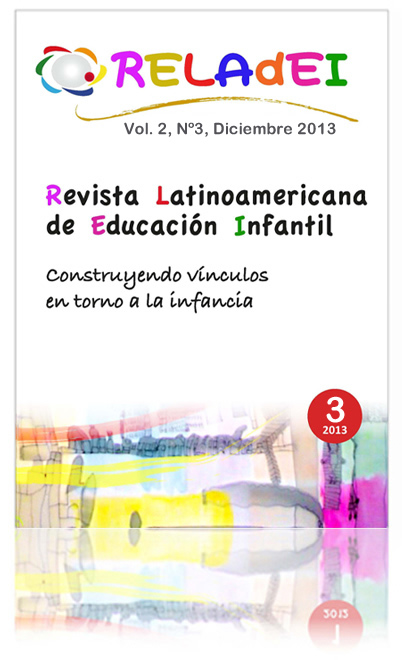La Educación Pikler-Lóczy: Cuando educar empieza por cuidar
Contenido principal del artículo
Resumen
El sistema educativo que Emmi Pikler y su equipo establecen en el Instituto Lóczy en Budapest demuestra durante más de 60 años que el desarrollo sano y armónico de bebés y niños pequeños privados de familia y criados en institución es posible. Crea un entorno óptimo, humano y físico, para promover el desarrollo integral de la primera infancia en situación de crianza colectiva, en base a dos ejes: el establecimiento de una relación vincular privilegiada con un adulto estable que dispensa a cada niño y en cada ocasión los cuidados de la mejor manera posible, hasta sus más pequeños detalles, por lo que resultan ser cuidados de gran calidad, y la promoción de la total autonomía en el movimiento y la actividad infantil, sin ninguna intervención adulta directa, pero sí indirecta, para proponer, construir y reconstruir permanente-mente los sucesivos escenarios que semejante actividad precisa. Se trata de una propuesta dialéctica que integra al sujeto, bebé o niño pequeño, y a su contexto de desarrollo, en mutua y continua transformación, por lo que también resulta ser psicogenética. Empieza por cuidar el cuerpo y promover su bienestar y, sistemática-mente, vuelve a él a restaurarlo, para que en los ámbitos en los que el bebé o niño pequeño no necesita su colaboración, la función motriz y la actividad voluntaria, pueda descubrir, desplegar y desarrollar todas sus posibilidades, si así lo desea. Por todo ello en Lóczy, educar empieza por cuidar.


